#JointDevelopment
Ford and Volkswagen Nuzzle Up Even Closer, Reveal Joint Product Push Details
Wednesday brought an expanded alliance between Ford Motor Company and Volkswagen, with the two auto giants inking a deal for the joint development and construction of a range of products.
Since last year’s tie-up, the desire among the two companies to use each other’s strengths to address gaps in the market has been well known, though today brought specifics.
Self-driving's Not the Only Development in the Ford-Volkswagen Relationship
Autonomous vehicle technology might not be a sexy topic for many some, but human-driven vehicles certainly are. One day we’ll gaze at steering wheels in a sterile museum with a mixture of animalistic hunger and soul-crushing depression.
Sure, Ford’s tie-up with Volkswagen includes self-driving technology (sourced from another tie-up, this one with Argo AI), but that’s only part of the agreement. Late last week, the two automakers moved forward on other projects that might be of interest to you.
Lincoln-Rivian EV Project Cancelled
Rivian and Ford Motor Co. are nixing plans to deliver a jointly developed Lincoln EV. Despite Lincoln President Joy Falotico saying the model would deliver one of the most tranquil and luxurious driving experiences on the planet back in January, Lincoln told dealers on Tuesday that development would be scrapped.
Ford invested $500 million in Rivian last year. The collaborative project was intended to deliver a high-end, battery driven vehicle built on the “skateboard” platform underpinning Rivian’s R1T pickup and R1S SUV. Had the project not been taken behind the shed and shot this week, an assumed mid-size Lincoln crossover would have arrived in 2022.
Report: Lingering Subaru Trademark Will Find a Home on Jointly Developed EV
Being relatively small for a mainstream automaker and with limited resources to keep up with evolving industry trends, Subaru latched onto auto giant Toyota for help in the electric vehicle realm. The only electrified model in Subaru’s lineup, the Crosstrek Hybrid, is a marriage of Subaru body to Toyota technology.
Far bigger things loom on the horizon for the two; namely, a pair of jointly developed electric crossovers — one of which, apparently, has a name.
Outsource to Detroit: GM Workers to Build Hondas Under EV Agreement
Sometimes, if you find yourself lagging behind the pack and eagerly wish for a quick way to catapult yourself ahead, it makes sense to piggyback on someone else’s work. And in the realm of electric vehicles — brow-furrowingly pricey and time-consuming to develop as they are — automakers are coming to the conclusion that perhaps someone else should do the heavy lifting.
Subaru has Toyota, Ford has Rivian (and Volkswagen), and Honda now has General Motors.
Joint Ford-Rivian Electric Vehicle Will Wear a Lincoln Badge; MKZ Bites the Dust This Year
It seems $500 million buys you a new Lincoln model, at the very least.
Ford Motor Company’s half-billion-dollar investment in electric vehicle startup Rivian will indeed spawn a new Lincoln model, the automaker announced Wednesday. At the same time, Lincoln confirmed that the midsize MKZ sedan won’t live to see the end of the year.
Nissan and Renault Chief Engineers to Meet, Rekindled Joint Projects on the Agenda
Anybody with more than a casual interest in the automotive industry will tell you the relationship between Nissan and Renault is falling apart. Even the alliance’s founder, executive-on-the-run Carlos Ghosn, says it’s on the cusp of going under. But existing employees have tried to be a little more optimistic, acknowledging that the business partnership has become strained while making suggestions to correct its course.
One plan involves pushing more collaborative projects, which is one of the main reasons for forming an industrial alliance. Renault Chairman Jean-Dominique Senard has already said both sides are committed to making the partnership succeed, citing joint projects as a primary focus. Alliance engineers will meet in Japan at the end of January to discuss new development programs — and attempt to revive a few that fell by the wayside.
Toyobaru Twins Will See a Second Generation As Toyota and Subaru Expand Partnership
Following a long period of speculation, the future of the Toyota 86 and Subaru BRZ — affordable, jointly-developed rear-drive sport coupes that American buyers seem allergic to — has now become clear. Following a joint announcement from the two automakers, we now know the slow-selling Toyobaru twins will live on into a second generation.
Toyota and Subaru announced Friday that their ongoing partnership, birthed in 2005, will broaden into a greater alliance in the coming years. Part of that pact will ensure a new pair of low-end sports cars, though Subaru also stands to gain more hybrid vehicles.
Toyota Announces Product Development Deal With China's BYD
On Friday, Toyota Motor Corp. announced it had signed an agreement for the joint development of battery electric vehicles (BEVs) with China’s BYD Company Ltd. Technically, BYD also made an announcement but we’re not scouring their press page on an hourly basis. Toyota gets top billing.
According to the release, the two companies will jointly develop “sedans and low-floor SUVs as well as the onboard batteries for these vehicles and others with the aim to launch them in the Chinese market under the Toyota brand in the first half of the 2020s.”
Having previously announced it was teaming up with Contemporary Amerex Technology (CATL) and Panasonic to supply and develop batteries, Toyota is trying to expand rapidly into electric development — after showing limited interest for years. We’ve no clue how these partnerships will influence the brand’s physical products outside of Asia but, at the very least, it should have fewer battery supply issues than some of the competition moving forward.
Thanks, Toyota: Subaru to Gain an Electric Crossover, EV Platform
This is what handing 16.8 percent of your company’s ownership to another automaker gets you. Just days after BMW and Jaguar Land Rover announced an electric powertrain agreement, Subaru and Toyota claim a new, shared electric vehicle platform is on the way, as well as a jointly developed crossover.
The effort will mean Subaru — a brand with only a single (Toyota-assisted) plug-in hybrid on the market — will finally have the means to enter the growing EV field.
Ford Teams Up With Rivian, Greases the Wheels With Half a Billion Dollars
Not long ago, it was expected that General Motors would sink a pile of cash into upstart electric automaker Rivian. Instead, GM held its horses while Amazon plunked down a $700 million investment in the Michigan-based company.
Now, Ford Motor Company is filling GM’s shoes, offering up half a billion dollars and announcing a co-developed product with the EV company, creator of the long-range R1T pickup and R1S electric three-row SUV. The big question now is: what form will that vehicle take?
Report: No Merger, but That Doesn't Mean PSA and Fiat Chrysler Aren't Planning a New Partnership
Like characters on a long-running TV show, PSA Group and Fiat Chrysler remain the topic of intense speculation as to when they’ll hook up. There’s been romance in the past, including that time in 2007 when they spent the night and walked away with a series of jointly-developed small vans. The children’s names were Peugeot Bipper, Citroen Nemo and Fiat Fiorino. Only the latter survives to this day.
In the large van segment, FCA builds the Fiat Ducato, Peugeot Boxer, and Citroen Jumper at its Italian Sevel Sud plant, with production recently extended through 2023. Thanks to PSA’s acquisition of GM’s European operations, Opel and Vauxhall-badged vans will soon roll from the FCA factory.
As rumors of a kiboshed merger deal swirl (FCA’s controlling family reportedly didn’t approve of the marriage), a new report claims there’s another limited partnership in the works.
Volkswagen Inks Contract With Ford for an Amarok Successor
The fledgling alliance between Ford and Volkswagen took another step towards jointly-developed products Thursday, with VW signing an initial contract for a Ranger-based replacement for VW’s aging, midsize Amarok.
Commercial vans and pickups were top of mind when the automakers officially partnered up back in January, with electric vehicles and autonomous driving serving as (potential) future collaborations. More news on that front arrived today, too.
BMW I2 to Become Company's First Jointly-developed EV With Daimler
The unlikely alliance between BMW and Daimler, solidified earlier this year, is in the opening stages of producing something tangible. The duo are already said to be working on a joint platform for electric vehicles, which the German business publication Manager Magazin claims will underpin a new EV from BMW.
Called the i2, the battery-powered subcompact is to be slotted beneath BMW’s existing i3. While rumored to be similar in size, the i2 will abandon the i3’s carbon fiber body in an attempt to minimize costs and broaden appeal. Daimler would follow by producing its own version, likely using Mercedes-Benz’s EQ sub-brand.
Ford and Volkswagen Announce Alliance; Joint Pickup Project Is a Go
Months of speculation and rumors came to an end in Detroit Tuesday, as auto giants Ford Motor Company and Volkswagen Group officially announced they will take their relationship to the next level.
After signing a Memorandum of Understanding last year, initially to explore joint commercial vehicle production, the two automakers now say their pact will birth a midsize pickup truck for global markets. Volkswagen Ranger, anyone?



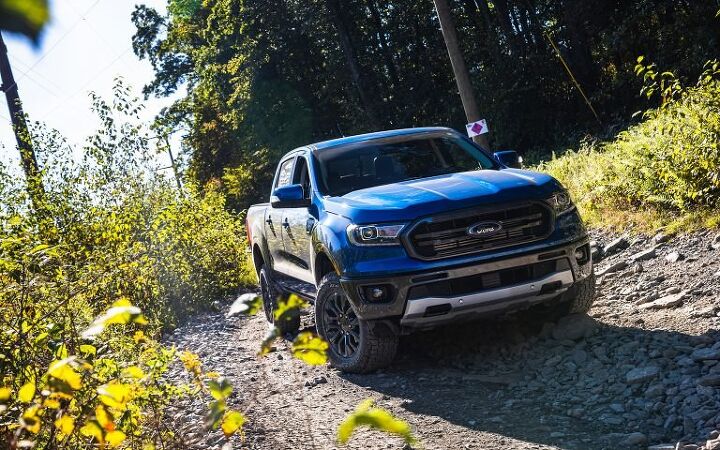
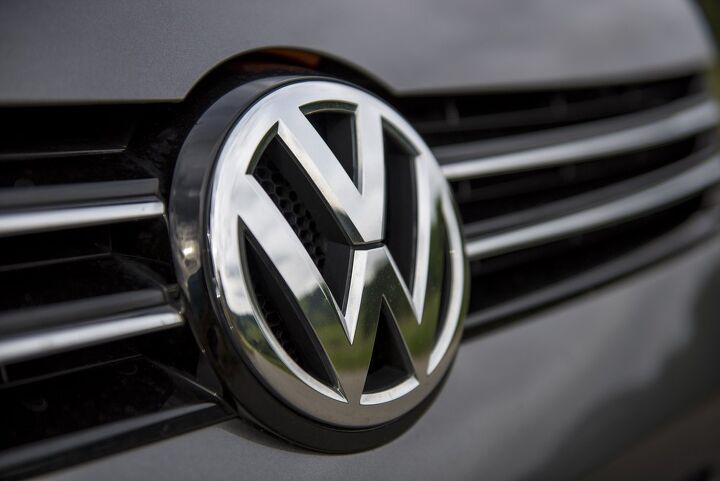


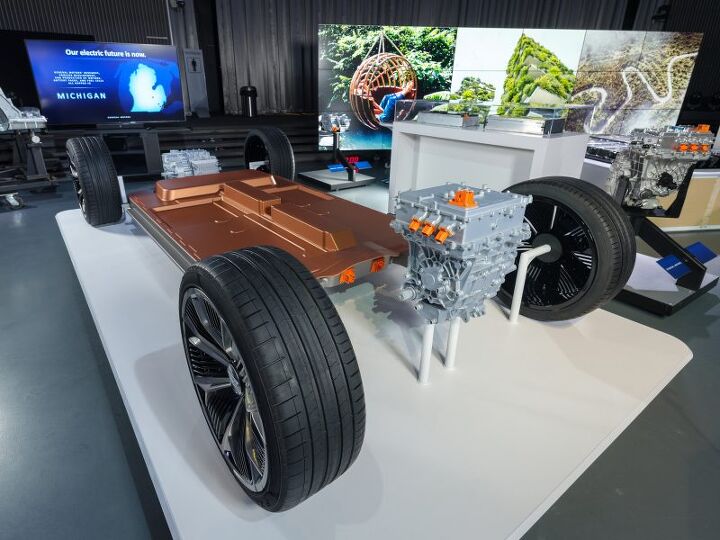

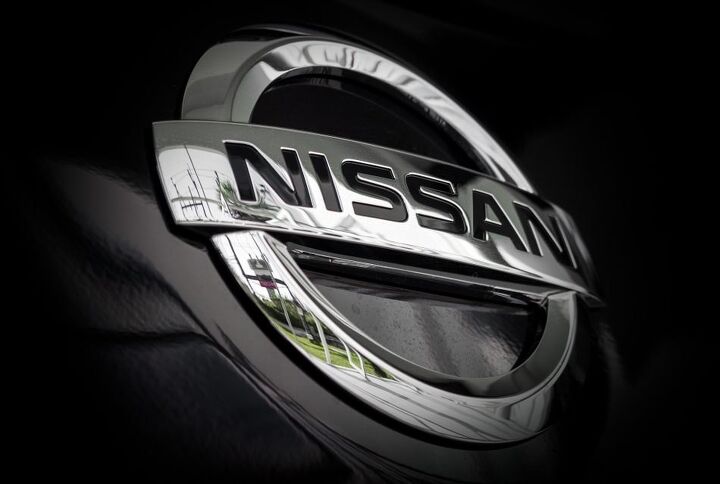

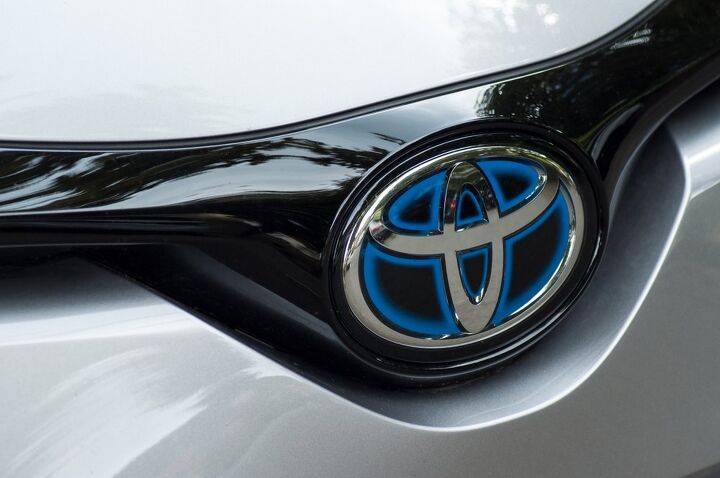
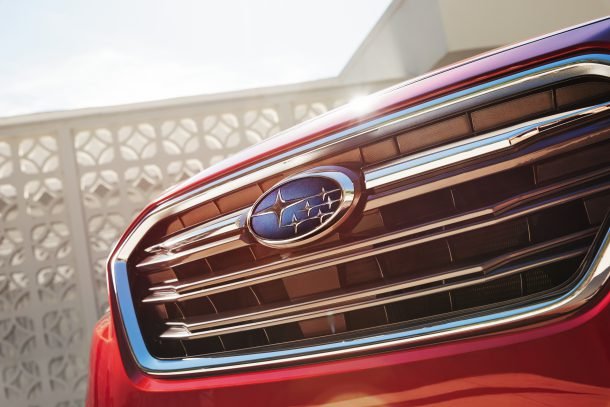



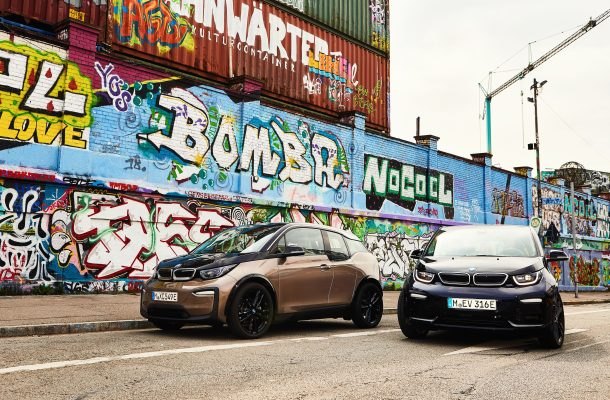













Recent Comments